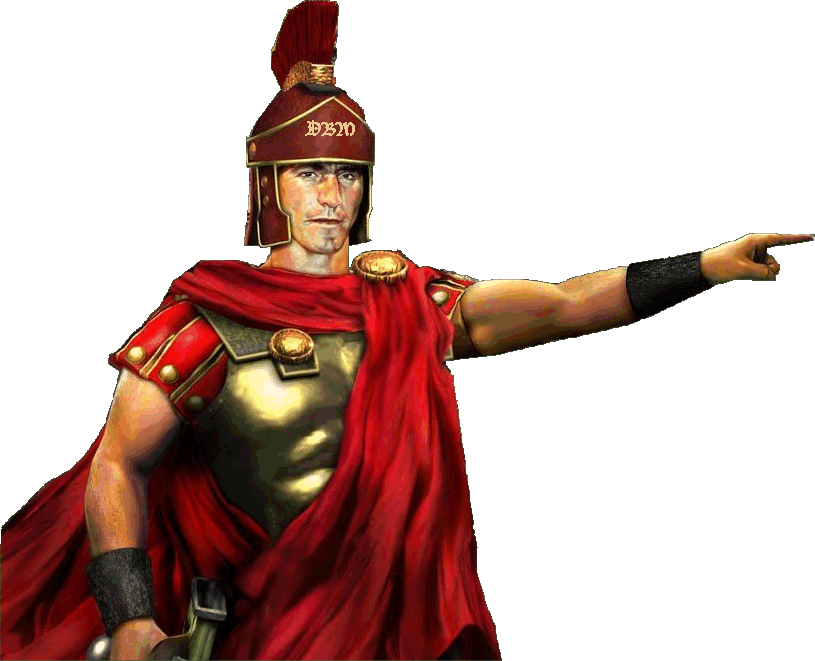

This does not necessarily mean that he or they believed in Jesus yet. His household servants seem to be of the same persuasion. It also appears that in both stories, this centurion is not alone in his worship of the God of Israel. In the Gospel account, Luke tells us that this un named centurion also went as far as to build a synagogue for the Jews. Being on the Emperor's payroll, he must have been rather well off financially, and thus was able to help out the poor considerably. And they that were sent, returning to the house, found the servant whole that had been sick."įrom Luke's account in Acts, we also know that Cornelius led a comfortable life in Caesarea. When Jesus heard these things, he marvelled at him, and turned him about, and said unto the people that followed him, I say unto you, I have not found so great faith, no, not in Israel. For I also am a man set under authority, having under me soldiers, and I say unto one, Go, and he goeth and to another, Come, and he cometh and to my servant, Do this, and he doeth it.

And when he was now not far from the house, the centurion sent friends to him, saying unto him, Lord, trouble not thyself: for I am not worthy that thou shouldest enter under my roof: Wherefore neither thought I myself worthy to come unto thee: but say in a word, and my servant shall be healed. And when they came to Jesus, they besought him instantly, saying, That he was worthy for whom he should do this: For he loveth our nation, and he hath built us a synagogue.

And when he heard of Jesus, he sent unto him the elders of the Jews, beseeching him that he would come and heal his servant. And a certain centurion's servant, who was dear unto him, was sick, and ready to die. "Now when he had ended all his sayings in the audience of the people, he entered into Capernaum. In his Gospel, Luke relates a similar story of a centurion who was stationed in Capernaum during the early part of Jesus' ministry: While I cannot prove it beyond a shadow of a doubt, I suspect that this may not be the first account we have of Cornelius in the New Testament. I was curious as to what might cause him to break with Roman tradition and embrace the God of Israel. Not only he, but his entire house believed in the one true God of Israel. They had a whole pantheon of gods and goddesses yet in writing this account, the author of Acts, believed to be Luke, points out to us that this man Cornelius was different. That Jesus is the King of the Jews and the Son of God is officially and spontaneously acknowledged by Gentiles, even if the meaning is not fully understood.I found this point to be very interesting due to the simple fact that the Romans were pagans. In whatever way the centurion means his statement, he echoes Pilate's inadvertent validation of Jesus' identity in the form of the sign on the cross. Or, as a polytheistic Roman, he may believe Jesus is the literal son of one of the many gods. In Roman culture, the emperor is considered the son of the gods, and the centurion may be saying Jesus is more divine than the emperor. Another is that he really does think Jesus is the Messiah, the Son of the Jewish God. Scholars debate what the centurion means by calling Jesus "the Son of God." One possibility is that he can tell Jesus is accepting His fate as a servant of the deity He serves. If not at this moment then shortly after, he likely will have heard of the veil in the temple ripping from the top down, and the bodies of the Christ-followers who had died coming back to life (Matthew 27:51–53). He then witnesses the three hours of darkness (Mark 15:33) and the earthquake upon His death. The centurion knows Pilate believes Jesus to be innocent.

When the soldier later pierces Jesus' side with a spear, blood and water come out (John 19:34), indicating Jesus died from some form of hemothorax or a pleural effusion, both of which can be brought on by hypovolemic shock, or blood loss. Medical experts note that Jesus' cry at the end is not characteristic of someone who is dying of asphyxiation, which is the normal way crucifixion victims die. Some translations in Mark say the centurion noticed how Jesus' last breath included the loud cry. Matthew adds that the centurion is also influenced by a sudden earthquake (Matthew 27:54) while Luke says the centurion "praised God, saying, 'Certainly this man was innocent!'" (Luke 23:47). This man is probably the senior officer at the crucifixion site, most likely the one responsible for supervising the event. What does Mark 15:39 mean? Ĭenturions rank much higher than common foot soldiers.


 0 kommentar(er)
0 kommentar(er)
